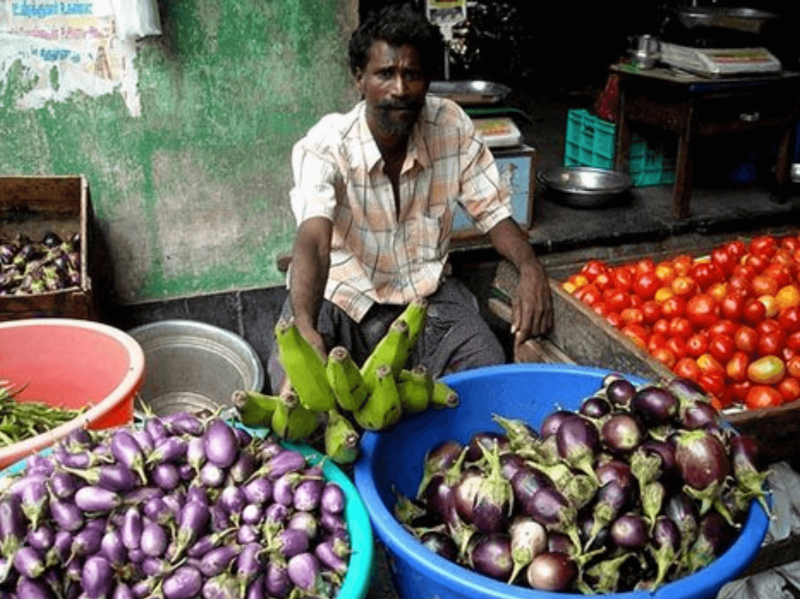Growing up in India, Devang Mehta thought of GMOs, or genetically modified organisms, as an exciting new technology.
“India is really an agricultural country,” he said. “Growing up, we didn’t have supermarkets. People would come directly to the house to sell vegetables….”
There was an obvious utility to GMOs — sturdier, higher-yield crops for the 58 percent of India’s population that relies on farming to live.
But GMO research is limited in India. So when Mehta decided to get his Ph.D. in genetic engineering, he headed to the University of Zurich in Switzerland, home of the world’s most famous GMO to date: “golden rice,” engineered to accumulate vitamin A, which can help fight childhood malnutrition.
…
Mehta did his best to change people’s perceptions of GMOs and the scientists working on them, in part by discussing his own work, which involved developing a disease-resistant form of cassava — a root vegetable that feeds nearly a billion people in Africa and Asia.
…
That didn’t stop the mostly Swiss students he was debating from asking a question Mehta heard again and again: Why couldn’t these farmers just use safer insecticides or organic farming?
“Students didn’t seem to realize that these are not options in countries like Kenya or India,” Mehta said. “The reason why we work on GMOs is because….farmers in developing countries don’t have….safe insecticides or organic farming methods.
Read full, original article: Why opposition to GMOs is a First World privilege































